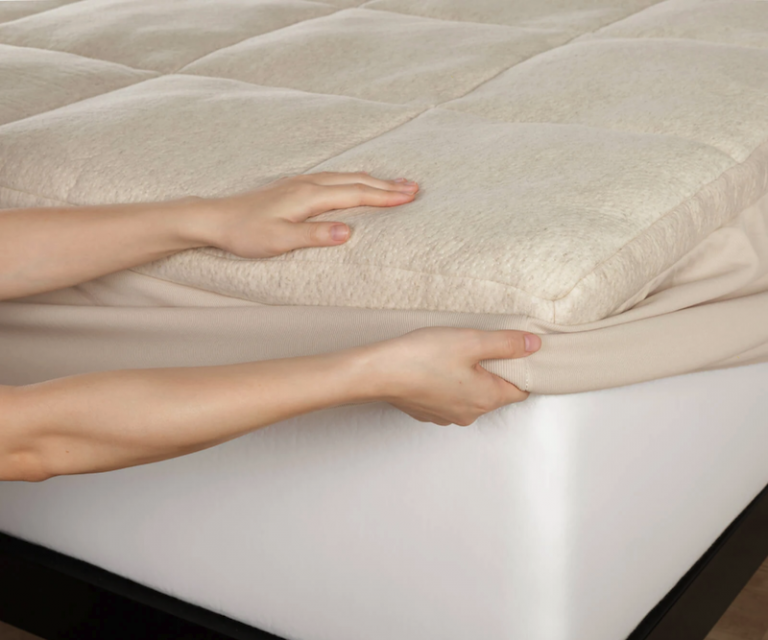How to Fix a Glugging Kitchen Sink
If your kitchen sink is constantly making a gurgling or glugging noise, it can be not only annoying but also a sign of a bigger plumbing issue. Fortunately, there are several ways to fix a glugging kitchen sink and prevent it from happening in the future. Here are some simple solutions to get your sink back to its quiet and efficient self.
Common Causes of a Glugging Kitchen Sink
Before diving into the solutions, it's important to understand the common causes of a glugging kitchen sink. One of the main culprits is a clogged drain, which can be caused by food scraps, grease buildup, or foreign objects. Another common cause is a blocked vent pipe, which can prevent proper air flow and lead to glugging noises. Identifying the root cause can help in finding the right solution.
Tips for Preventing a Glugging Kitchen Sink
Prevention is always better than a cure, and this applies to a glugging kitchen sink as well. One of the best ways to prevent glugging is to be mindful of what goes down your drain. Avoid pouring grease or oil down the sink, and use a drain catcher to prevent food scraps from entering the pipes. Regularly pouring hot water down the drain can also help prevent clogs and keep your sink running smoothly.
How to Unclog a Glugging Kitchen Sink
If your sink is already glugging, there are a few DIY solutions you can try to unclog it. One method is to pour a mixture of hot water and baking soda down the drain, followed by vinegar and then more hot water. The chemical reaction can help break down any buildup in the pipes. Another option is to use a plunger to create pressure and dislodge the blockage. If these methods don't work, it may be time to call in a professional plumber.
DIY Solutions for a Glugging Kitchen Sink
Aside from unclogging, there are other DIY solutions you can try to fix a glugging kitchen sink. One is to clean the vent pipe using a plumber's snake or a high-pressure water jet. Another is to check and clean the P-trap, which is a curved section of pipe under the sink that can collect debris and cause clogs. You can also try using a drain auger or a mixture of salt and hot water to clear out any remaining buildup.
Professional Plumbing Services for a Glugging Kitchen Sink
If the DIY solutions don't work or if the glugging persists, it may be time to call in a professional plumber. They have the tools and expertise to properly diagnose and fix the issue. They can also provide advice on how to prevent future glugging and maintain a healthy plumbing system. While it may cost more upfront, it can save you from bigger and more expensive plumbing problems in the long run.
How to Maintain a Glugging Kitchen Sink
Regular maintenance is key to keeping your kitchen sink from glugging. This includes properly disposing of food scraps and grease, using a drain catcher, and regularly cleaning the pipes and P-trap. You can also pour a mixture of hot water and white vinegar down the drain once a week to keep it clear and fresh. It's also important to address any leaks or plumbing issues as soon as they arise to prevent them from getting worse.
Troubleshooting a Glugging Kitchen Sink
If your sink continues to glug even after trying all the solutions, it's time to troubleshoot. Start by checking the vent pipe and making sure it's not blocked. You can also check the drainage system for any leaks or damage. If all else fails, it may be a problem with the plumbing layout or the sink itself, in which case a professional plumber can help determine the best course of action.
Common Signs of a Glugging Kitchen Sink
Aside from the obvious glugging noise, there are other signs that can indicate a glugging kitchen sink. These include slow draining, foul odors coming from the sink, and water backing up into the sink or dishwasher. It's important to address these signs as soon as possible to prevent further damage and potential health hazards.
How to Identify the Source of a Glugging Kitchen Sink
Identifying the source of a glugging kitchen sink can be tricky, but it's an important step in finding the right solution. Start by checking the drain for any clogs or buildup. If that's not the issue, move on to the vent pipe and make sure it's not blocked. If the problem persists, it may be a more complex plumbing issue that requires the help of a professional.
Troubleshooting: How to Fix a Glugging Kitchen Sink

Understanding the Problem
 If you've ever experienced a
glugging kitchen sink
, you know how frustrating it can be. Not only does it disrupt your daily routine, but it can also be a sign of a more serious plumbing issue. The glugging sound occurs when there is a blockage in the drain, causing air to get trapped and escape in bursts. This can be caused by a variety of factors, such as food scraps, grease buildup, or foreign objects lodged in the pipes.
If you've ever experienced a
glugging kitchen sink
, you know how frustrating it can be. Not only does it disrupt your daily routine, but it can also be a sign of a more serious plumbing issue. The glugging sound occurs when there is a blockage in the drain, causing air to get trapped and escape in bursts. This can be caused by a variety of factors, such as food scraps, grease buildup, or foreign objects lodged in the pipes.
Identifying the Source
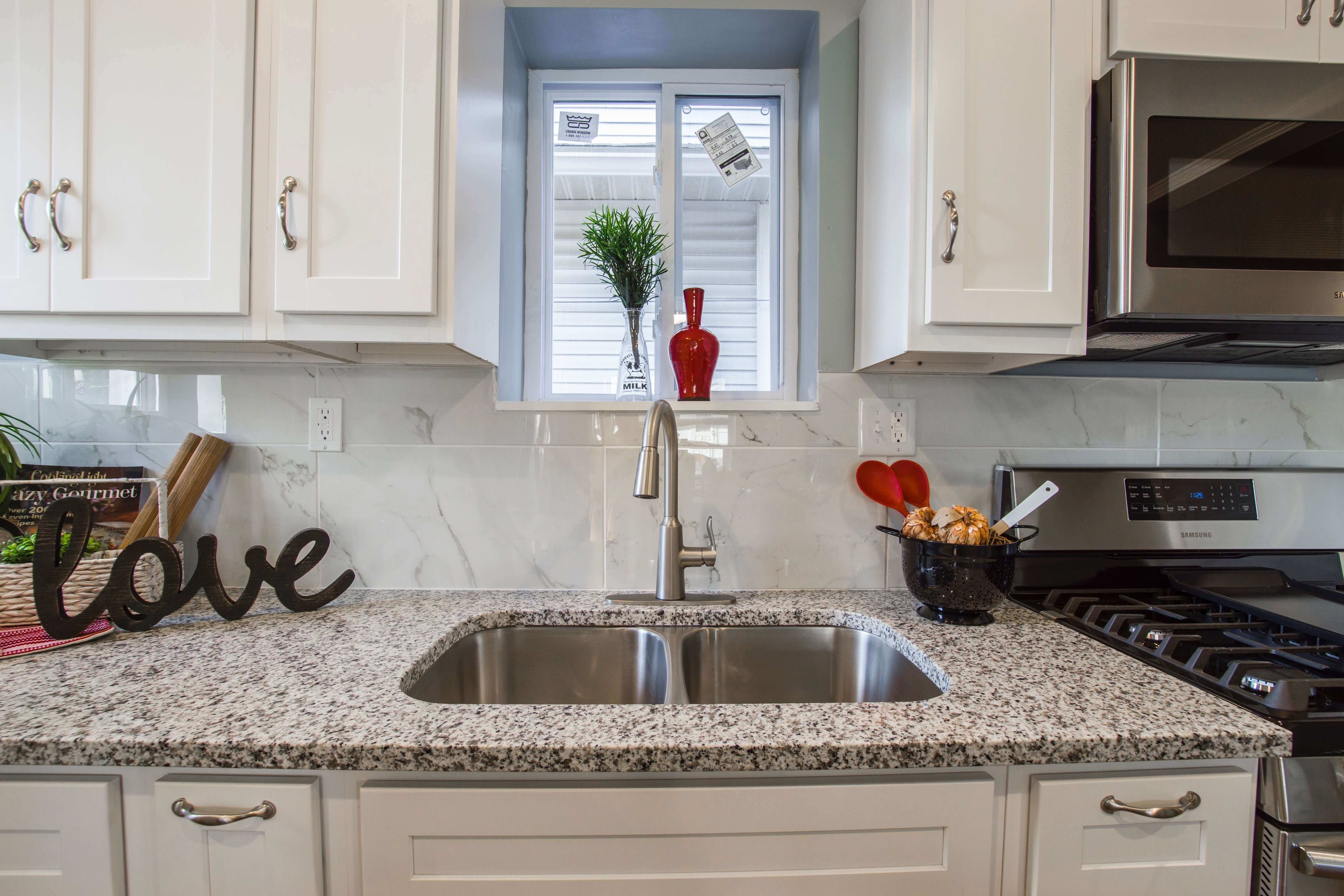 The first step in fixing a glugging kitchen sink is to identify the source of the problem. Start by checking the drain to see if there is any visible blockage. If you can't see anything, try pouring a small amount of hot water down the drain to see if it helps to dislodge any buildup. If the problem persists, it may be deeper in the pipes and will require a more thorough inspection.
The first step in fixing a glugging kitchen sink is to identify the source of the problem. Start by checking the drain to see if there is any visible blockage. If you can't see anything, try pouring a small amount of hot water down the drain to see if it helps to dislodge any buildup. If the problem persists, it may be deeper in the pipes and will require a more thorough inspection.
Fixing the Issue
 If you were able to identify and remove a blockage in the drain, congratulations! Your glugging sink should now be fixed. However, if the problem persists, it's best to call a professional plumber. They have the tools and expertise to properly diagnose and fix the issue. They may use a plumbing snake or hydro jetting to clear out any stubborn clogs. They may also recommend installing a
garbage disposal
to prevent future blockages.
If you were able to identify and remove a blockage in the drain, congratulations! Your glugging sink should now be fixed. However, if the problem persists, it's best to call a professional plumber. They have the tools and expertise to properly diagnose and fix the issue. They may use a plumbing snake or hydro jetting to clear out any stubborn clogs. They may also recommend installing a
garbage disposal
to prevent future blockages.
Preventing Future Glugging
 To avoid dealing with a glugging kitchen sink in the future, it's important to take preventative measures. This includes properly disposing of food scraps and avoiding pouring grease down the drain. You can also use a drain cover to catch any foreign objects that may accidentally fall into the sink. Regularly cleaning your pipes with a mixture of hot water and vinegar can also help to prevent buildup.
In conclusion, a glugging kitchen sink may seem like a minor annoyance, but it can indicate a larger issue that needs to be addressed. By understanding the problem, identifying the source, and taking preventative measures, you can keep your kitchen sink functioning smoothly and avoid any future plumbing problems. If the issue persists, don't hesitate to call a professional for assistance.
To avoid dealing with a glugging kitchen sink in the future, it's important to take preventative measures. This includes properly disposing of food scraps and avoiding pouring grease down the drain. You can also use a drain cover to catch any foreign objects that may accidentally fall into the sink. Regularly cleaning your pipes with a mixture of hot water and vinegar can also help to prevent buildup.
In conclusion, a glugging kitchen sink may seem like a minor annoyance, but it can indicate a larger issue that needs to be addressed. By understanding the problem, identifying the source, and taking preventative measures, you can keep your kitchen sink functioning smoothly and avoid any future plumbing problems. If the issue persists, don't hesitate to call a professional for assistance.


























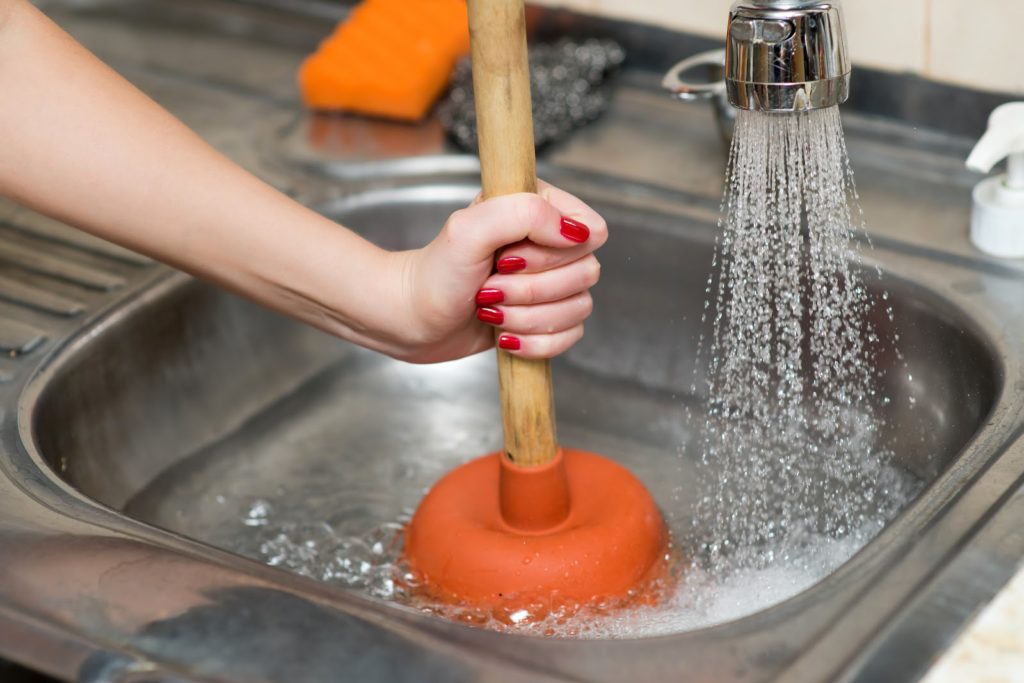






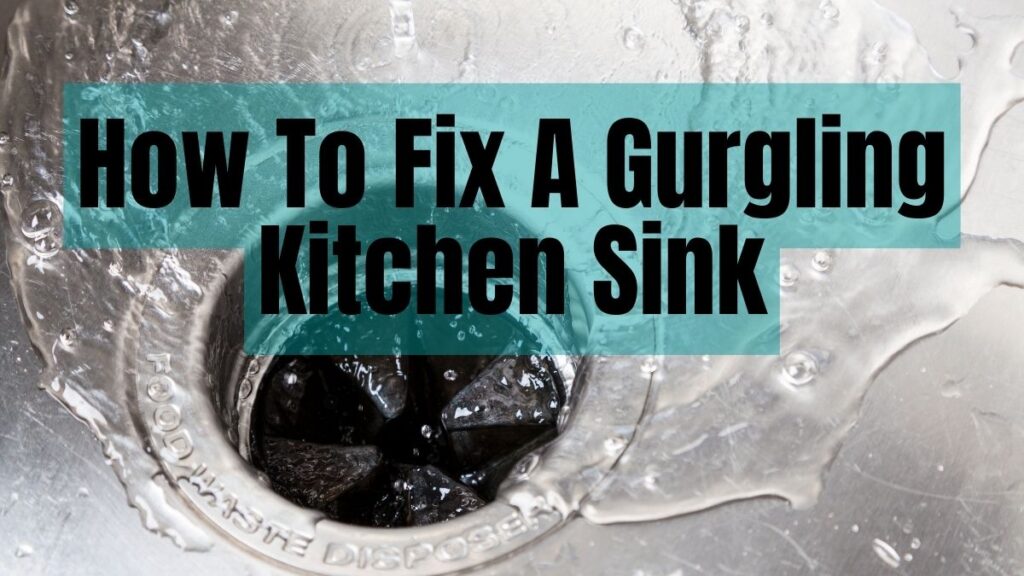

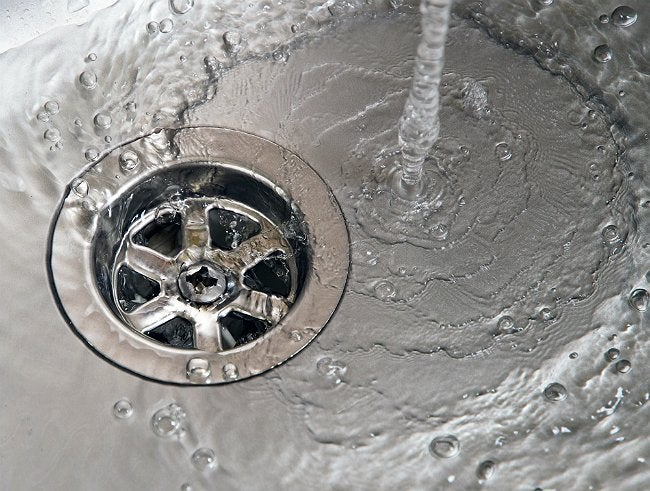
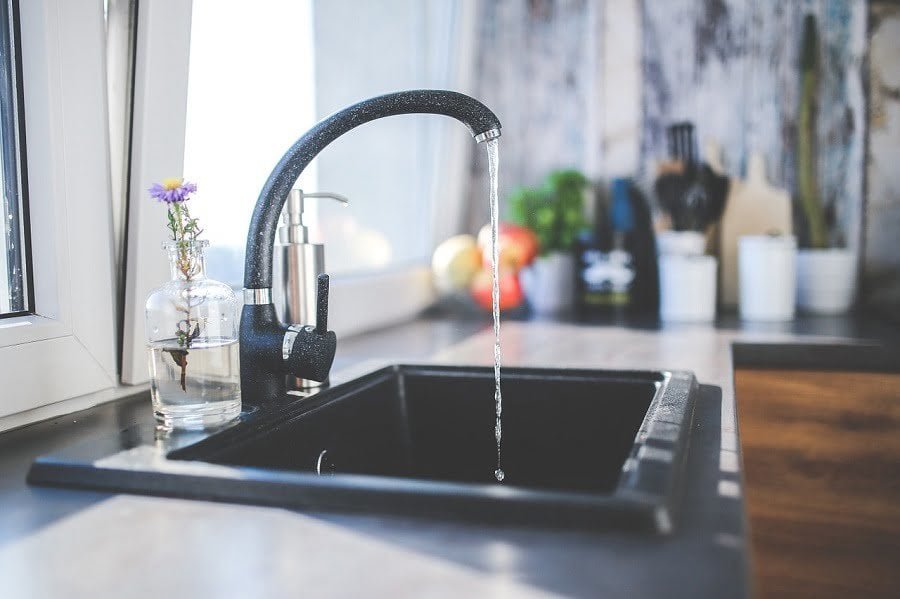
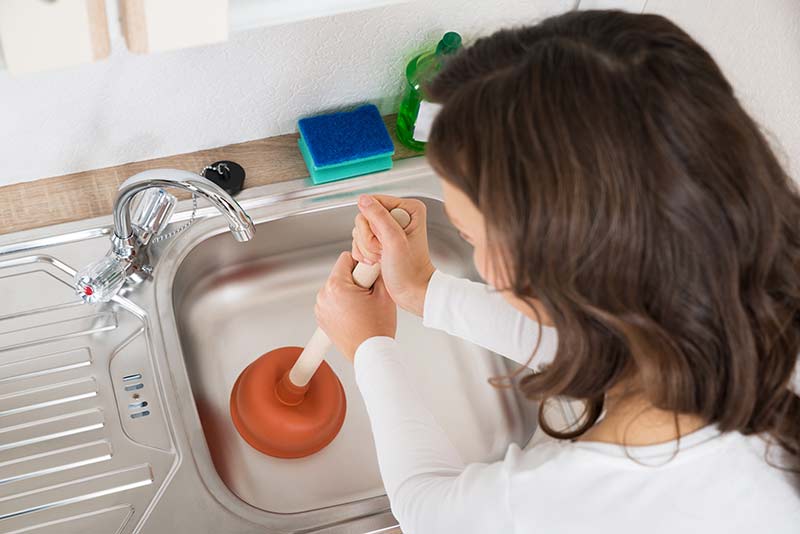
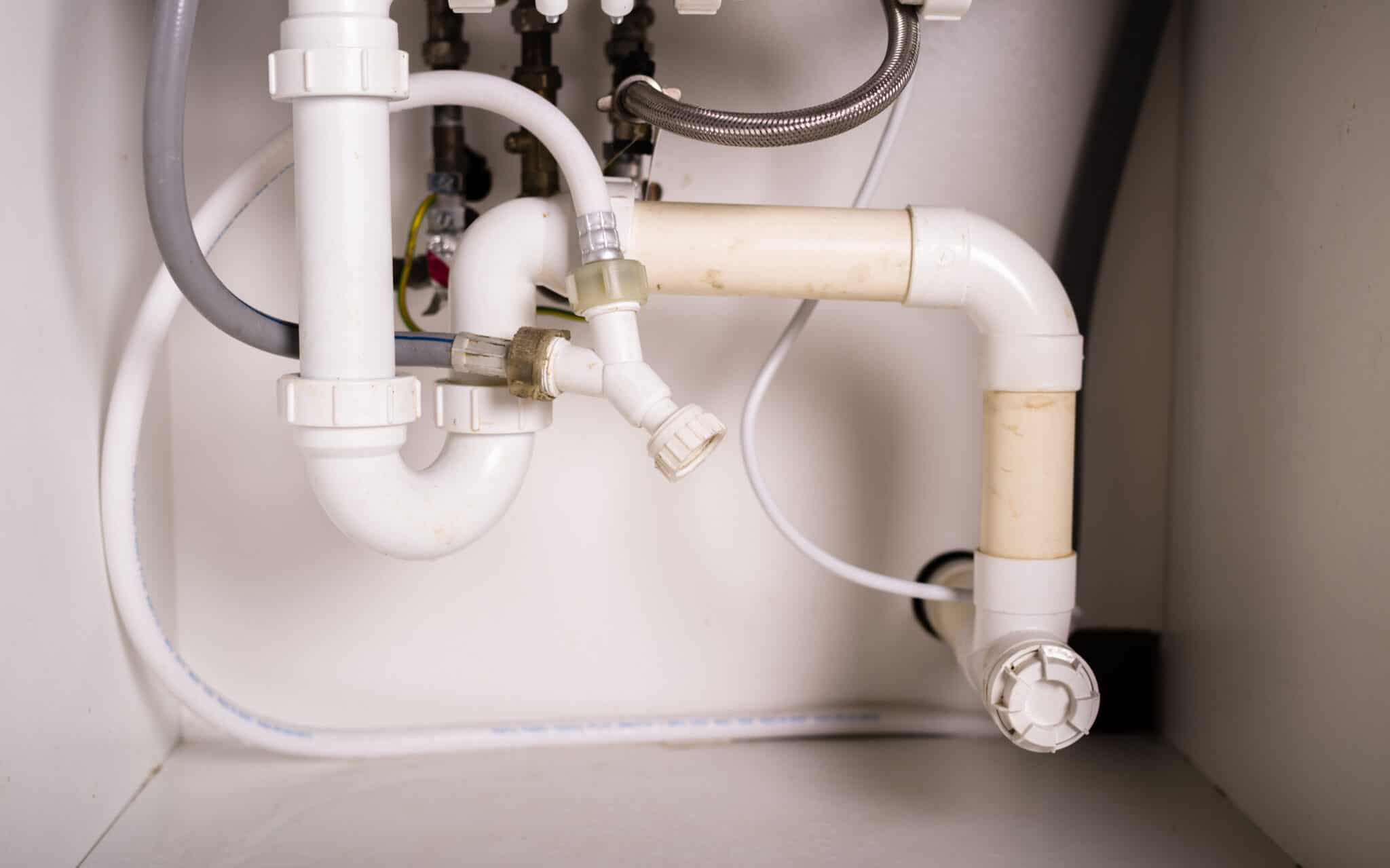
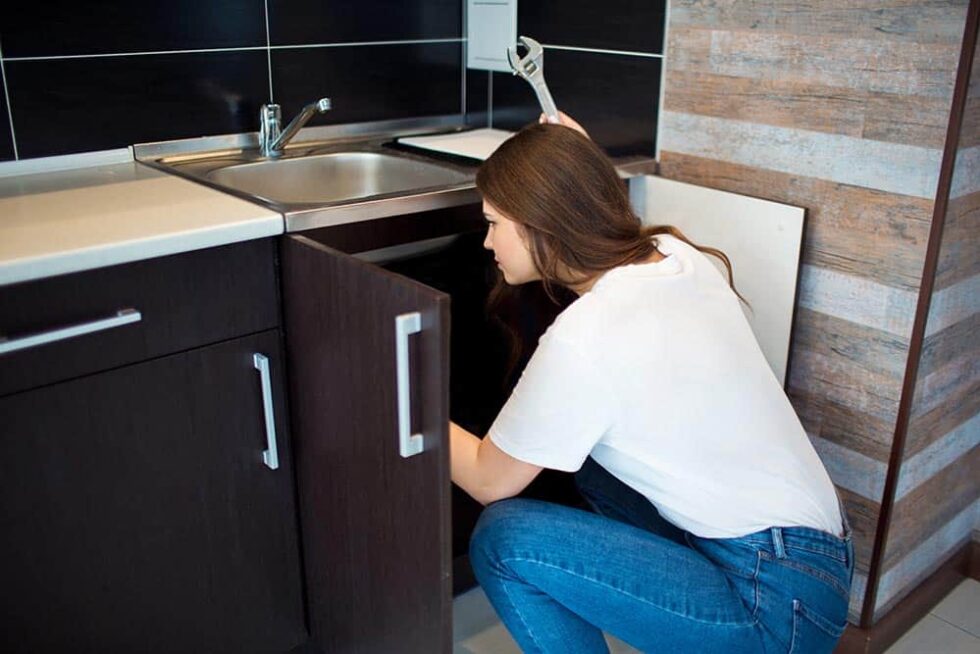





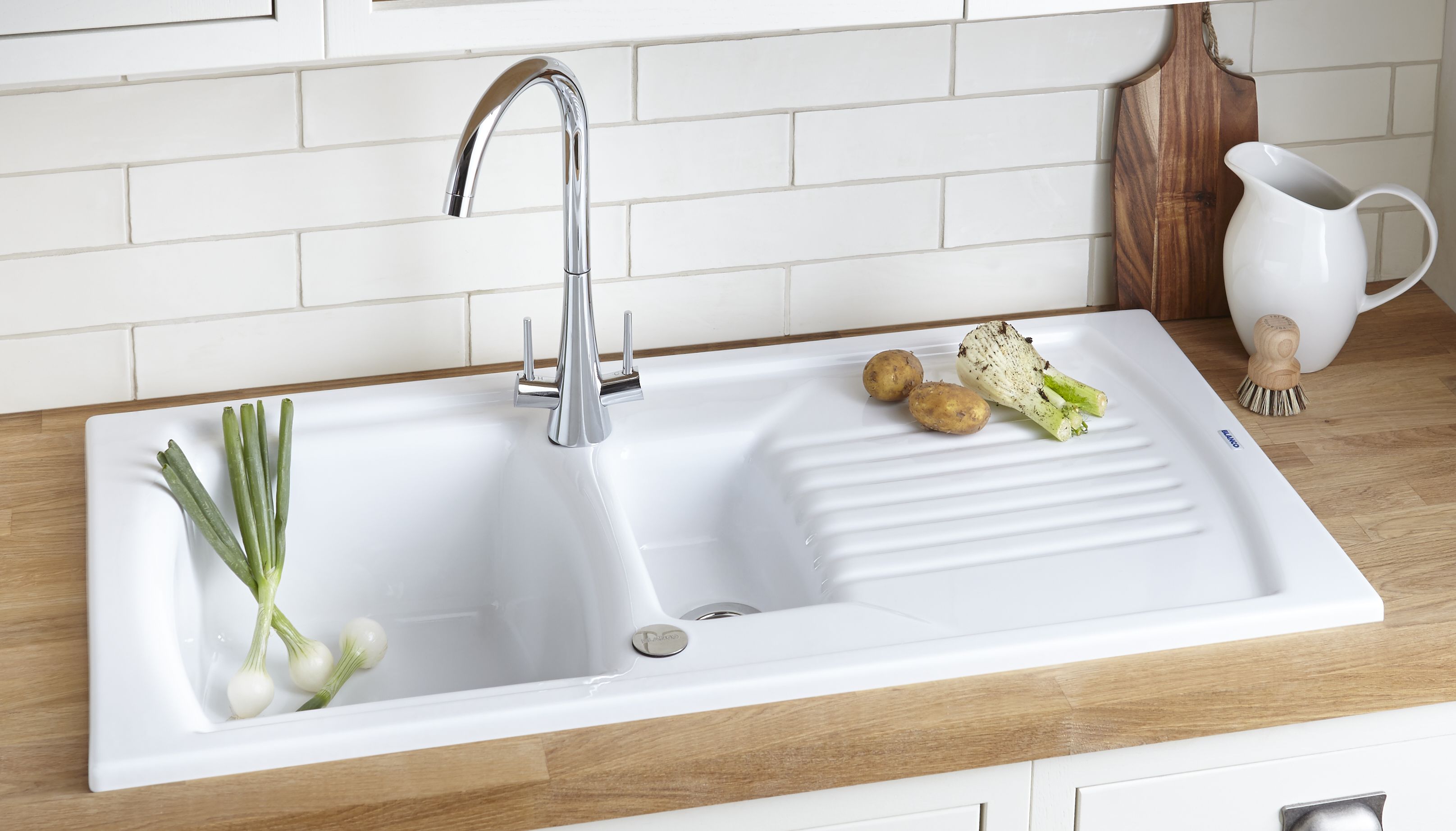




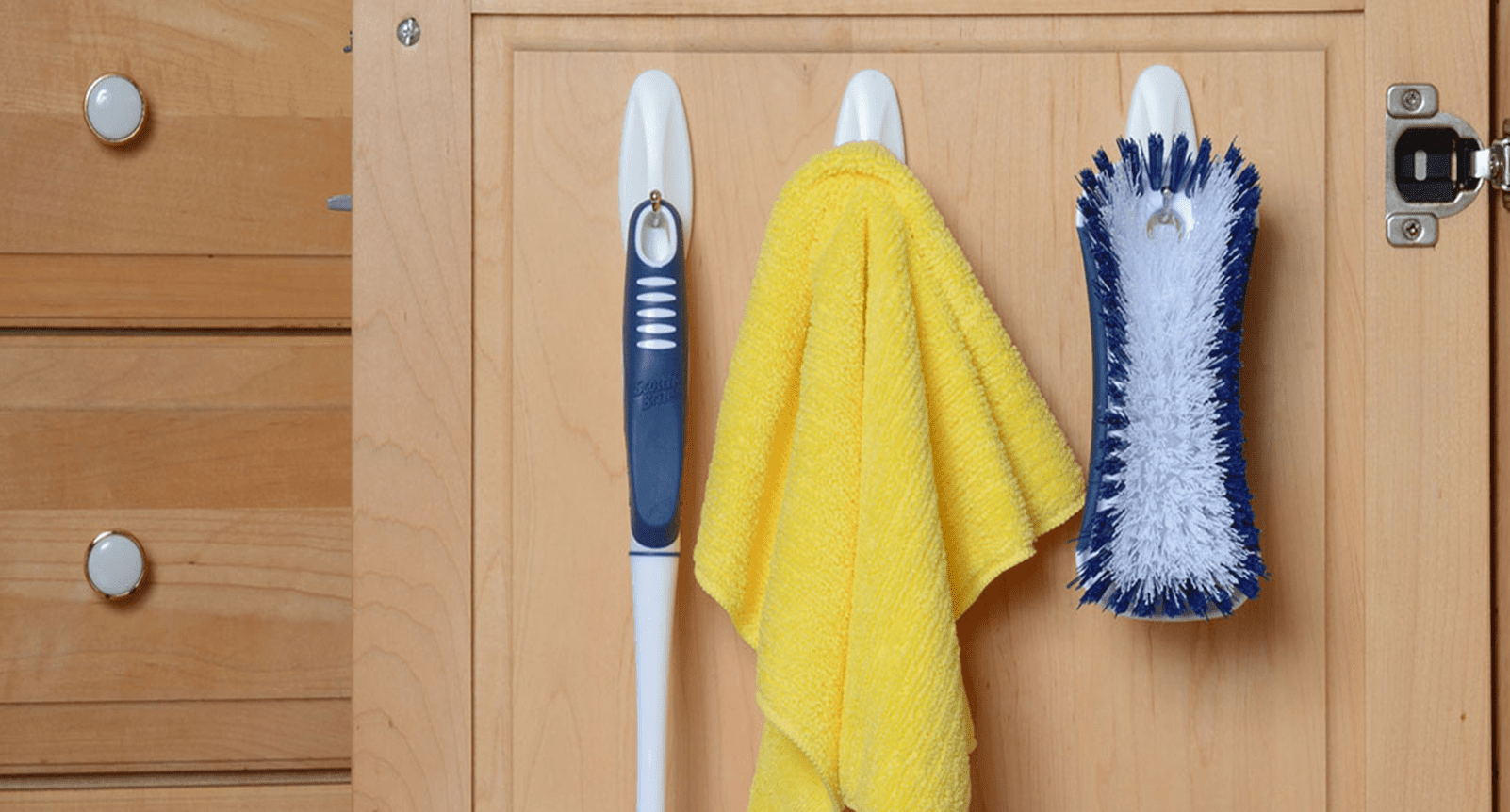






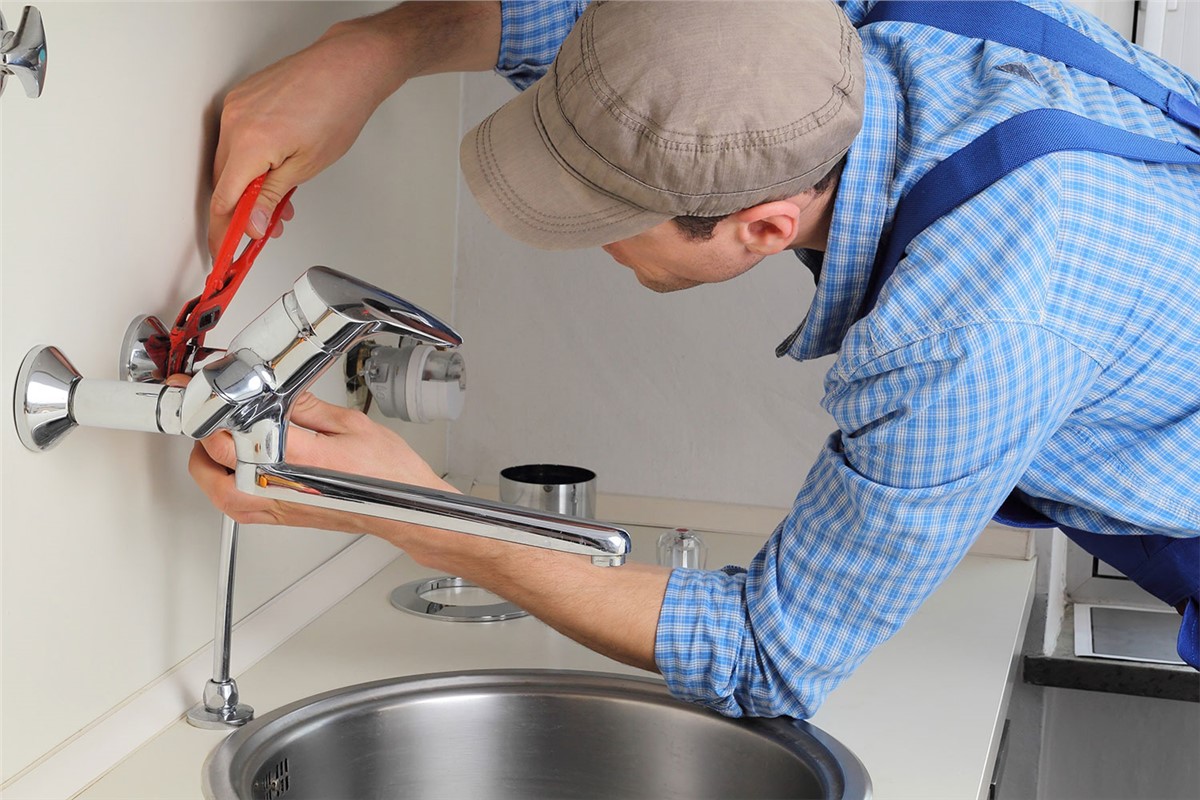
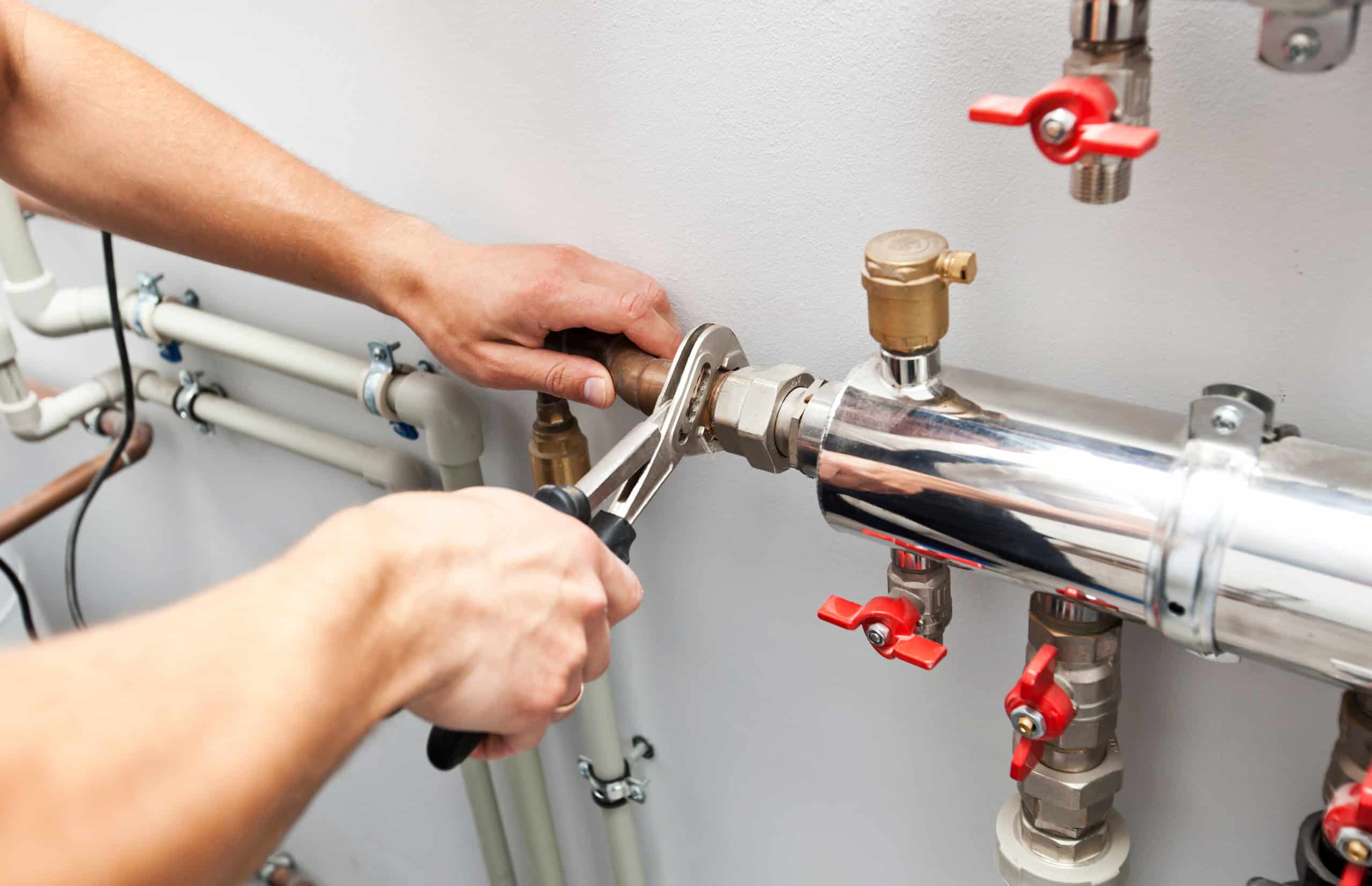


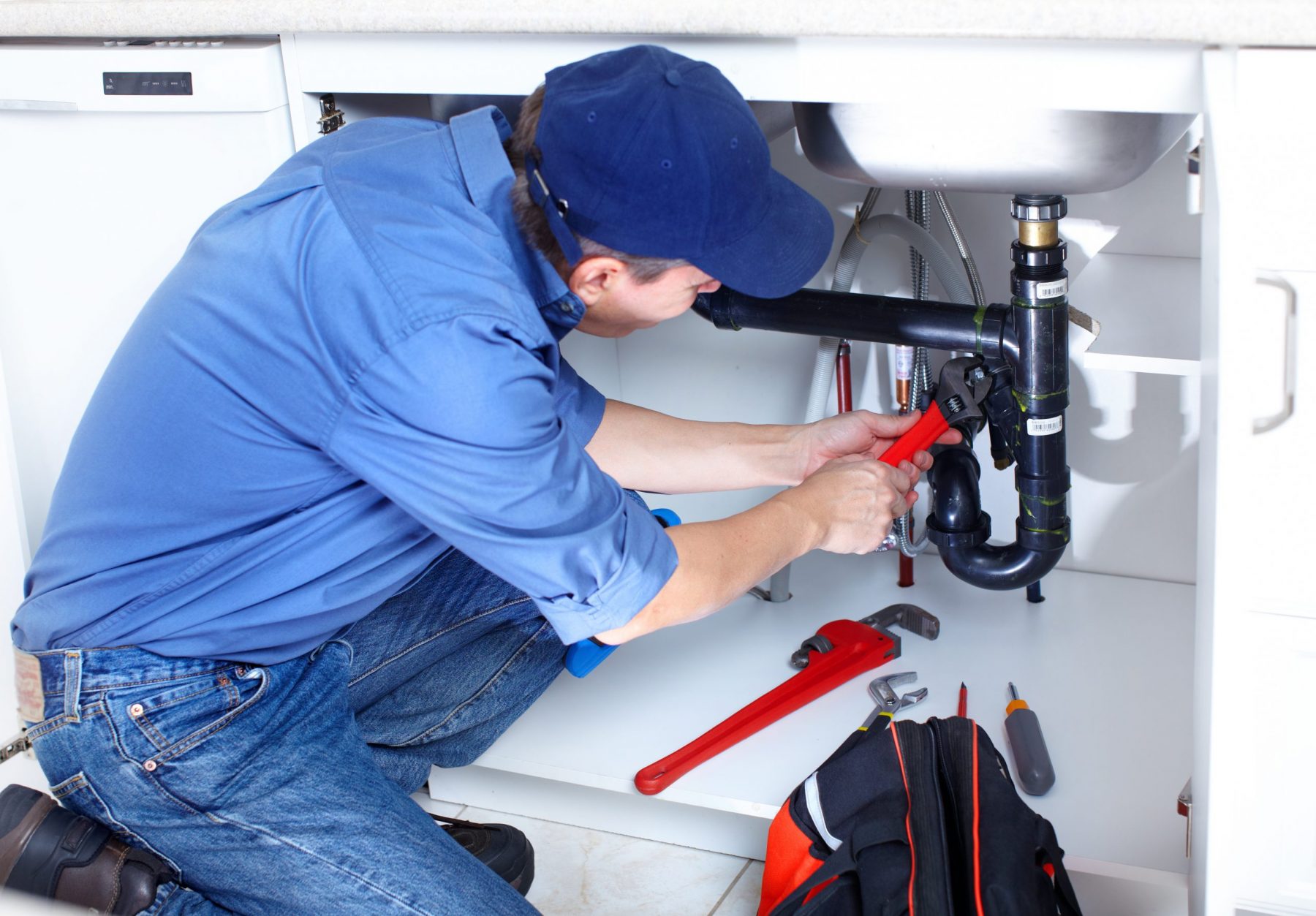









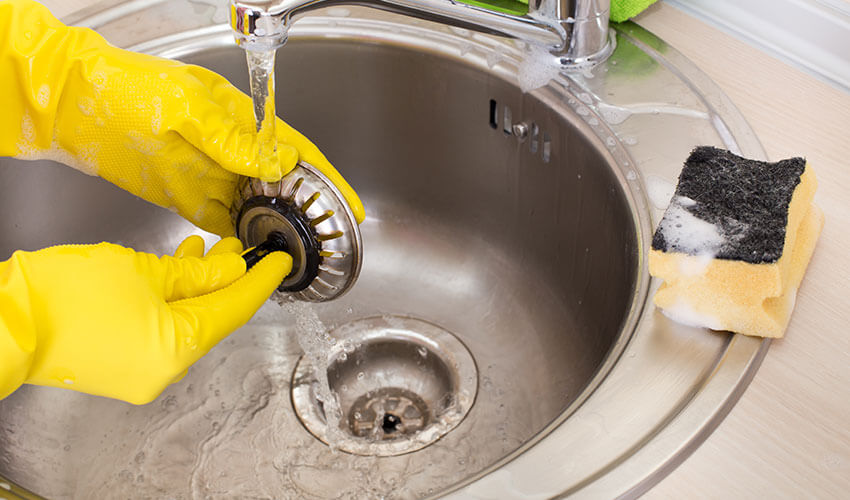












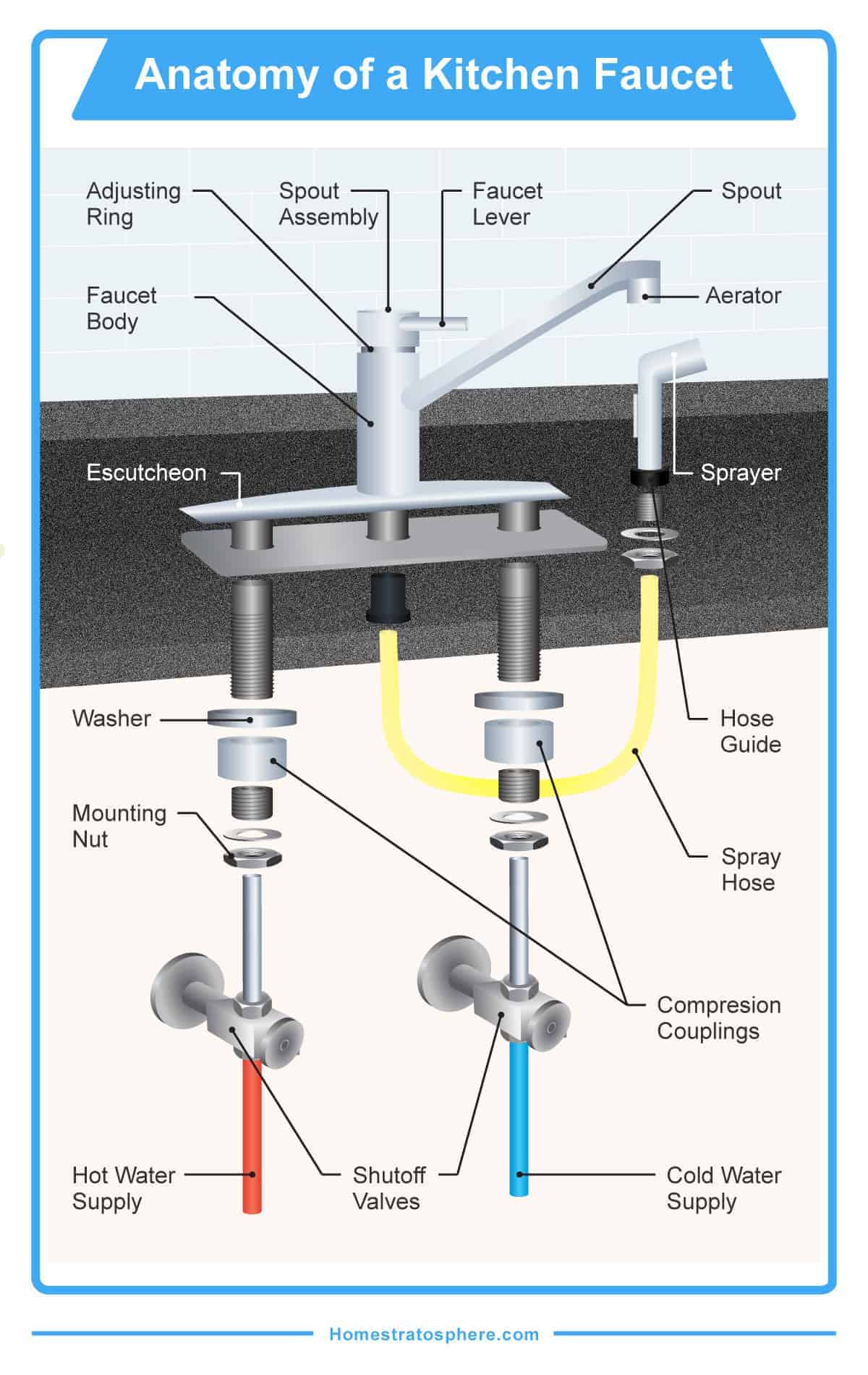
:max_bytes(150000):strip_icc()/Basic-kitchen-sink-types-1821207_color_rev-0b539306b9ef4236a136624ad2a89a4c.jpg)










